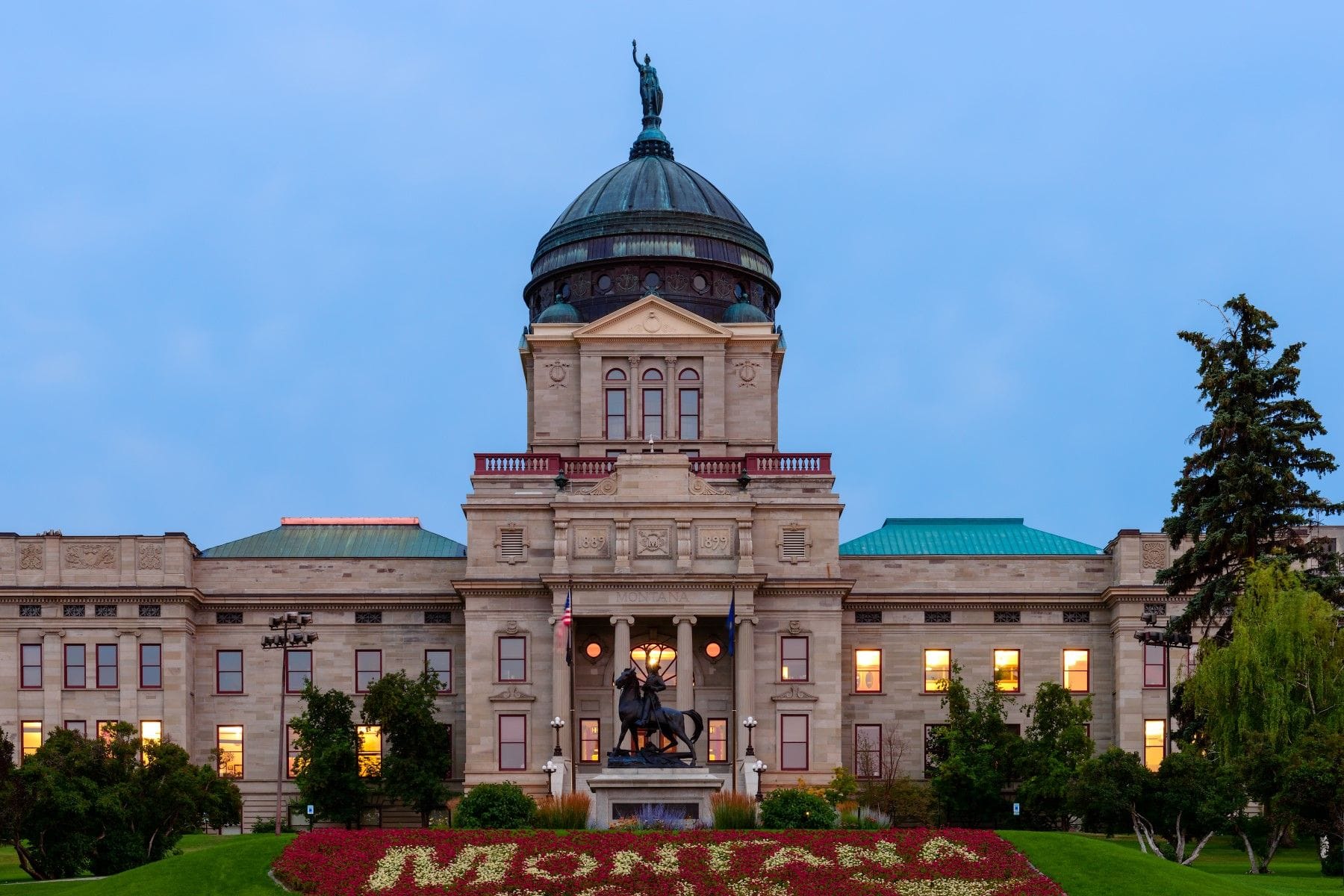Expert Witness Compensation Rules in Montana
Montana has specific rules for expert witness compensation, emphasizing transparency and fairness in fee agreements while ensuring judicial integrity.
Updated on
In this article
What Are the Rules Governing Expert Witness Compensation in Montana?
The state of Montana, like many others, has specific regulations governing the compensation of expert witnesses. These rules ensure that experts are fairly compensated for their specialized knowledge while maintaining the integrity of the judicial process. The rules surrounding expert witness compensation are delineated in several statutes and rules, providing a comprehensive framework for legal practitioners and experts alike.
Fee Provisions in Montana Rules of Civil Procedure
Montana’s Rules of Civil Procedure outline several key provisions that dictate how expert witness fees should be handled. Under Rule 26(b)(4), parties are required to compensate experts for their time spent in deposition, as well as for time spent preparing for trial. The Rule aims to ensure that experts are not financially disadvantaged when participating in legal proceedings.
- Deposition Compensation: Experts are entitled to reasonable fees for time spent in depositions.
- Trial Preparation: Compensation must cover time spent preparing for court appearances.
Understanding Montana Code §26-2-506: Payment Guidelines for Expert Witnesses
Montana Code §26-2-506 offers further guidance on the payment structure for expert witnesses. This statute provides a detailed framework for determining what constitutes "reasonable" compensation, emphasizing factors such as the complexity of the testimony and the expert's qualifications.
- Reasonable Fees: The statute mandates compensation based on the expert's field, experience, and the complexity of the case.
- Court's Discretion: Judges have the authority to decide if the proposed fees are excessive and can adjust them accordingly.
In practice, this means that both parties must negotiate fees that reflect the expert's expertise while remaining within the bounds of what the court deems appropriate. This statute underscores the importance of transparency and documentation in fee agreements.
Disclosure and Transparency: Montana's Requirements for Expert Witness Fee Contracts
In Montana, transparency in expert witness fee arrangements is crucial. Legal practitioners must disclose fee agreements to opposing parties to avoid potential conflicts of interest or perceptions of bias. This requirement is rooted in the principle of fair trial and impartiality in the judicial process.
- Disclosure Obligations: Parties must fully disclose fee arrangements, ensuring no hidden incentives influence testimony.
- Contractual Clarity: The terms of compensation should be clearly defined and documented in contracts, reducing the risk of disputes.
Such transparency is vital to maintaining the credibility of expert witnesses and the integrity of the judicial system. Attorneys must ensure that all fee-related communications are straightforward and accessible to all parties involved.
Practical Tips for Structuring Expert Witness Fee Agreements in Montana
When structuring fee agreements for expert witnesses in Montana, legal practitioners should consider several best practices to ensure compliance with state regulations while fostering a fair and transparent process. Here are some practical tips to guide this process:
- Define Scope of Work: Clearly outline the specific services the expert will provide, including any consultations, depositions, and court appearances.
- Establish Fee Structure: Decide whether to use hourly rates, flat fees, or retainer agreements, and ensure that the chosen structure aligns with Montana’s reasonable fee guidelines.
- Document Expenses: Include provisions for reimbursable expenses, such as travel, lodging, and materials, to avoid misunderstandings about additional costs.
- Set Payment Terms: Clearly define payment terms, including when payments are due (e.g., upon invoice receipt or after services rendered) and acceptable payment methods.
- Review and Revise: Periodically review fee agreements to remain compliant with any changes in Montana law or industry standards, and adjust them as necessary.
- Maintain Open Communication: Foster ongoing communication with the expert regarding their time and any potential changes to the scope of work, ensuring all parties are on the same page.
- Include Confidentiality Clauses: Protect sensitive information by including confidentiality provisions in the fee agreement, ensuring that both parties understand their obligations regarding the information shared during the engagement.
By following these tips, practitioners can create robust and effective fee agreements that honor the expertise of witnesses while adhering to Montana’s legal standards.


